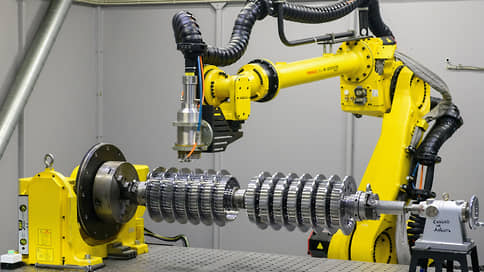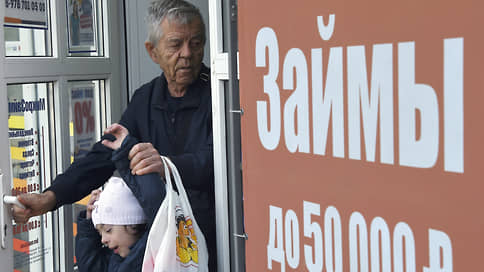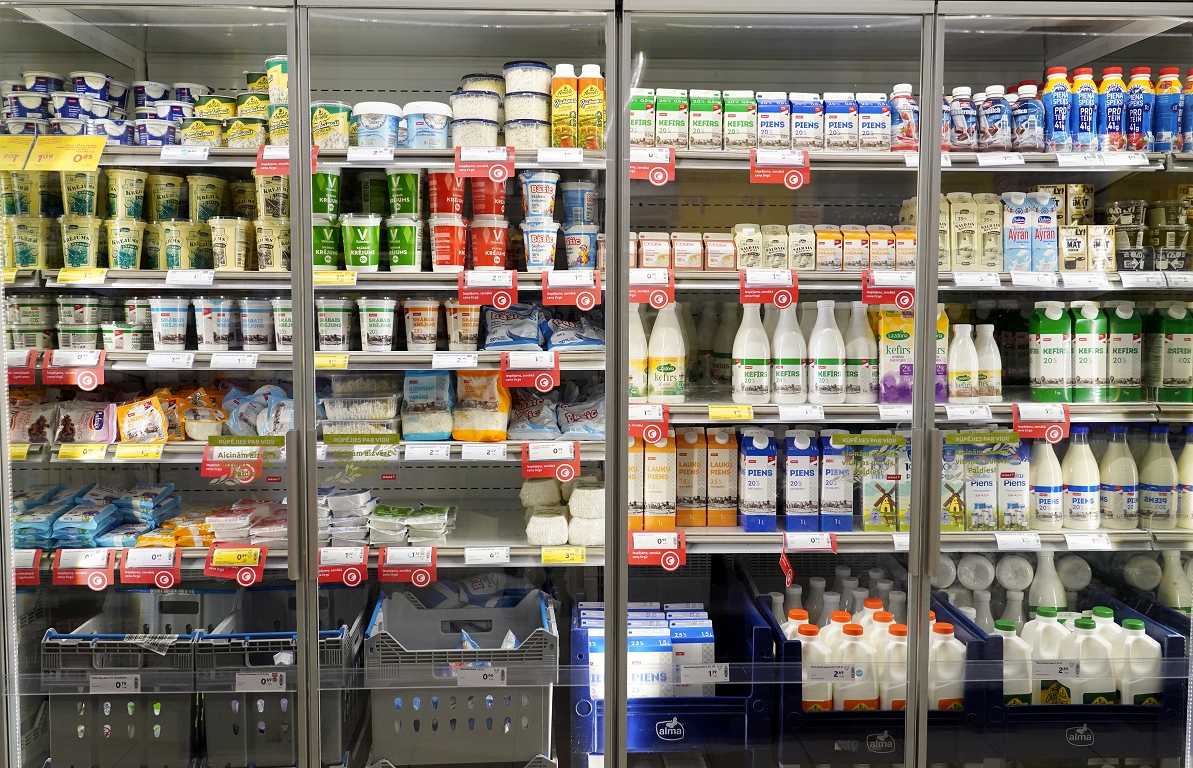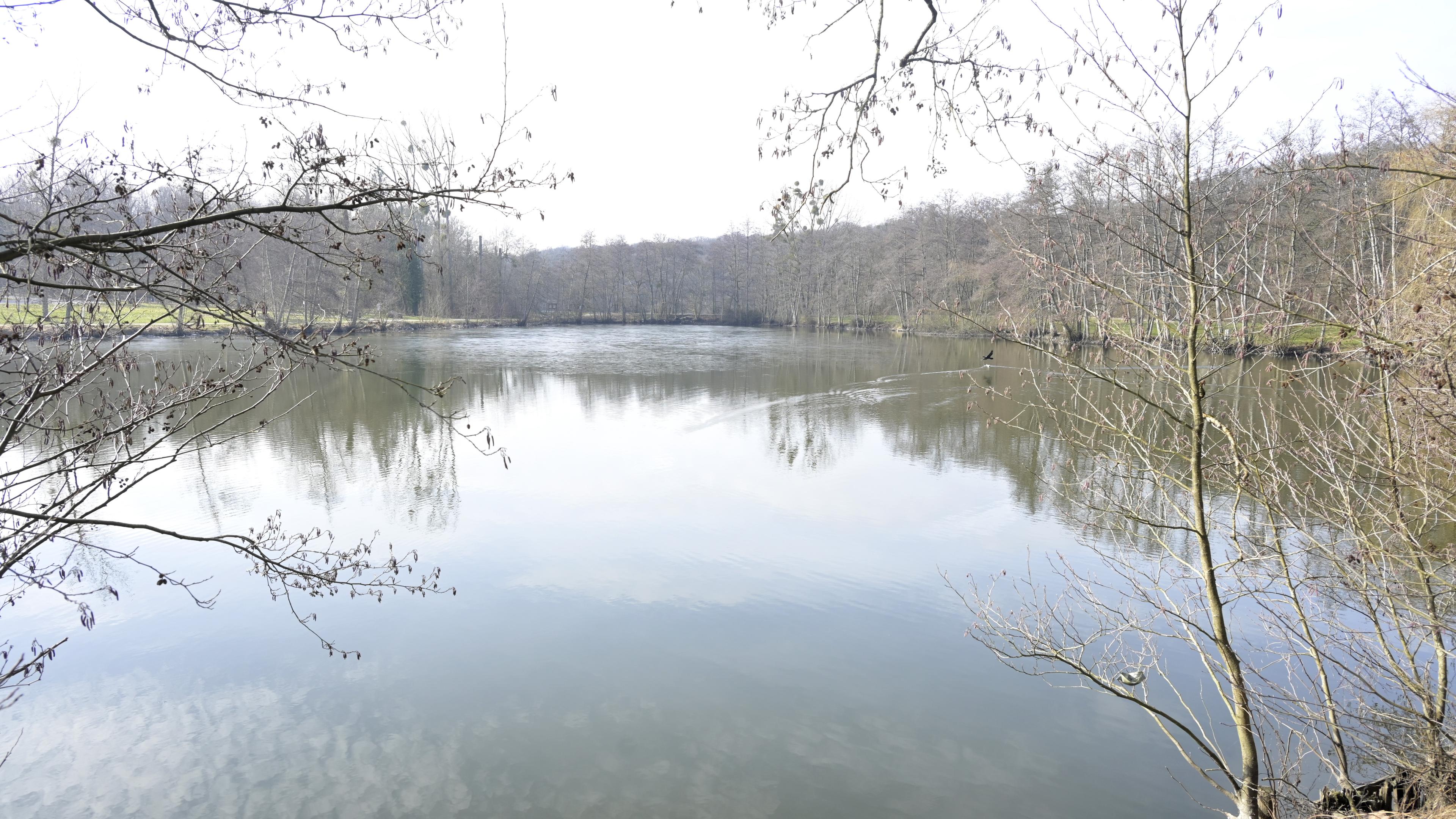The State Duma will reduce financing the project for the development of robotics

Financing the federal project for industrial robotics is planned to be reduced by 1.7 billion rubles. from the originally planned 5.6 billion rubles. At the same time, the Ministry of Industry and Trade for a year reduced the requirements for the localization of domestic manufacturers of industrial robots to increase the number of companies that can count on support measures. Now only one is capable of corresponding to them, and the average level of localization in the market is 60–70%.
“Kommersant” got acquainted with the conclusion of the Committee on Industry and Trade of the State Duma for the draft amendments to the law on Fedbudget for 2025, introduced by the government. It follows that financing the project “Development of industrial robotics and production automation” from the budget will be reduced by more than 1.7 billion rubles. in 2025. Previously, the fedback was supposed to allocate 5.6 billion rubles for the project. For a year.
In total, the financing of the state program “Development of industry and increasing its competitiveness”, which includes Fedroekt, will be cut by 66.9 billion rubles, the document says.
The conclusion states that the reduction in financing of state programs of the Ministry of Industry and Trade is due to a decrease in 448 billion rubles. forecast for the receipts from the utilsbor. The Committee recommended that the amendments at the meeting on May 21, consideration of the bill in the State Duma is scheduled for the end of the month. The Ministry of Industry and Trade did not answer Kommersant.
Last year, the government approved the federal project of industrial robotics, the total costs of which in 2025–2027 were to amount to approximately 36.96 billion rubles. (See “Kommersant” dated September 16, 2024). The project includes measures to support and stimulate market development, as well as the development centers for robotics, which were planned to allocate more than 15 billion rubles. (see “Kommersant” dated January 15).
In addition, at a meeting of the Committee, the head of the Ministry of Industry and Trade, Anton Alikhanov, said that the Ministry temporarily softened the requirements for localizing the production of industrial robots by decree of the Government of the Russian Federation No. 719 (obliges manufacturers of electronics to comply with the required number of points that are accrued for Russian components) to increase the number of companies that can count on support measures. “The money has not disappeared, we conducted the first selection, unfortunately, only one company went out, we conduct a second selection and, due to the mitigation of the requirements, we hope that all domestic manufacturers of industrial robots will be able to participate,” the minister said.
The reduction in financing will affect the achievement of high indicators of robotization in Russia, for example, on the goals of the leading 25 countries of the world in density of robotization by 2030, said Timofei Voronin, deputy director of the NTI competence center at Moscow State University. The requirements for localization were adequate, but their decrease is seen by an adequate non -monotary support measure, said Anton Suryaninov, CEO of Eidos Robotics.
“About 17 companies are now stating that they have competencies to create an industrial robot that will meet the requirements, but only four have the relevant certificates,” Olga Mudrova, executive director of the National Association of the Robotics Market (125 companies). According to her, at the moment, the requirements for the production of industrial robots according to government decree No. 719 are “not enough due to the limited capabilities of components”. Now companies say that they have a localization level of 60–70%, but what is it in practice is unknown, she adds. The most problematic components are electronics. “If our boards are printed, then the components for these boards have to be bought from abroad. Also, the acute question is with gearboxes, ”says Konstantin Tolstoy, Development Director of Robopr. He considers the reduction in financing for 2025 acceptable, since this year is “trial”: “Nobody was counting on really serious measures this year.”







/s3/static.nrc.nl/images/gn4/stripped/data132608305-d13032.jpg|https://images.nrc.nl/a7qunwvmw9uTBH0__HIuksj2e5o=/1920x/filters:no_upscale()/s3/static.nrc.nl/images/gn4/stripped/data132608305-d13032.jpg|https://images.nrc.nl/Bl-Z8DVjKul-t8NNw3QQVfpFfAU=/5760x/filters:no_upscale()/s3/static.nrc.nl/images/gn4/stripped/data132608305-d13032.jpg)